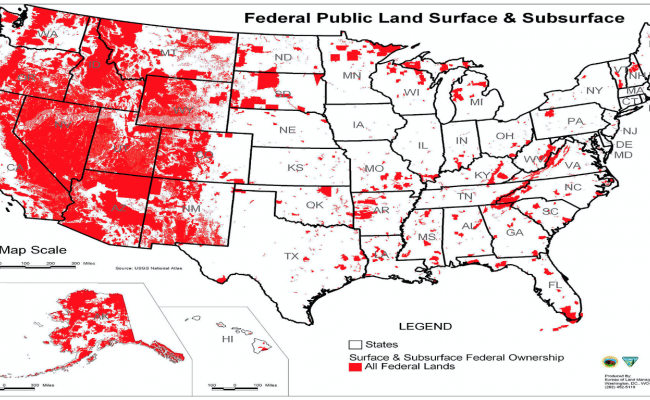Improving US Energy Security: Granting FERC Siting Authority over Interstate High Voltage Electric Transmission
The Biden Administration and the US Congress are giving serious consideration to granting the Federal Energy Regulatory Commission (FERC) the authority to site high voltage (HV) interstate electric transmission lines . FERC already has authority under the Natural Gas Act (NGA) to regulate the siting of and rates charged by interstate natural gas pipelines and storage facilities. Proponents of giving FERC such additional authority point to the extensive buildout of the natural gas pipeline system. These proponents believe that FERC could do the same with interstate HV electric transmission. While on the surface granting FERC such additional siting authority over HV electric transmission may appear logical, this author believes it is a big mistake—that US energy security would not improve, and even decline under such FERC authority. The main reason why this author is against transferring interstate electric transmission to FERC is the fact it would federalize all proposals, subject them to the National Environmental Policy Act (NEPA) and related delays, and ultimately give the States de facto veto power over the timing and the construction of these facilities. Such a move without some meaningful changes in existing laws, could likely provide a central venue to opponents of energy infrastructure that will prove administratively unwieldly for FERC and other agencies to manage. The result could be a longer and more litigious siting process with the distraction of NEPA and few projects ever being built.
Download the entire arrticle published in the Climate & Energy Journal. Read more

